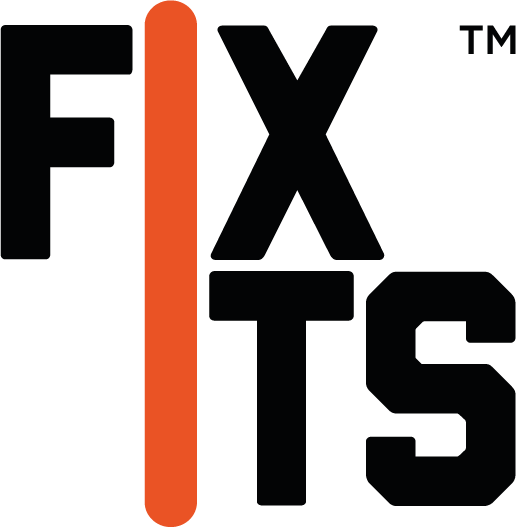Plastic. What actuallyis it? And is it all bad? Can we talk about the P word?
The original meaning of “plastic” is “pliable and easily shaped”. Our use of it refers to a material made of polymers, long chains of atoms in repeating units. That’s what makes plastic so flexible and strong.
One of the first creators of modern plastic was Alexander Parkes in Birmingham. In 1856, he patented Parkesine, the first thermoplastic, inspired by the cell walls of plants. It was seen as a substitute for ivory and used to make jewellery, fountain pens and buttons.
In 1907 Leo Baekeland invented the first fully synthetic plastic called Bakelite. It was durable, heat resistant, and perfect for mass production. Not needing to rely on nature changed everything. (Can we go back in time and say – but wait, we still need to remember nature!)
Then came cellophane, PVC, polyethylene, nylon… Plastic production ramped up during the second world war. And with the rise of household income in the 1950s, the possibilities seemed endless for this “material of a thousand uses”. 1.5m tonnes of plastic were produced in 1950. By 2019, we were making 368m tonnes a year. That’s a lot of plastic.
There’s a lot to be celebrated, too. The P word brought us improved hygiene, medical advancements and higher quality of living. Computers, mobile phones, advanced medical equipment, bike helmets, seatbelts, insulation, playgrounds…
But the way we use it has become that other P word – a Problem. And avoidable single-use plastics are the real problem. Nowadays 79% of plastic is simply discarded. Not to mention the threat to human health posed by micro-plastics.
We can rewrite the future. Not enough infrastructure or technology currently exists to either replace the unique properties of plastic or deal with the vast amount of waste created. So let’s start there.
And while we’re at it, we need more sustainable plastics, more research into bioplastics, and more circular economy thinking for plastics, and probably government regulations.
FixIts is a compostable bioplastic that can help repair things. It’s one of the (big P) Positive solutions to tackle waste and reduce consumption. We know it’s only a small piece of the puzzle, but fixing our habits at scale like this could make a real difference.
Sources:
https://www.sciencehistory.org/the-history-and-future-of-plastics
https://www.britannica.com/technology/celluloid
https://www.craftechind.com/the-invention-of-plastic-materials-from-parkesine-to-polyester/
https://www.raconteur.net/infographics/shifting-perceptions-of-plastic/




